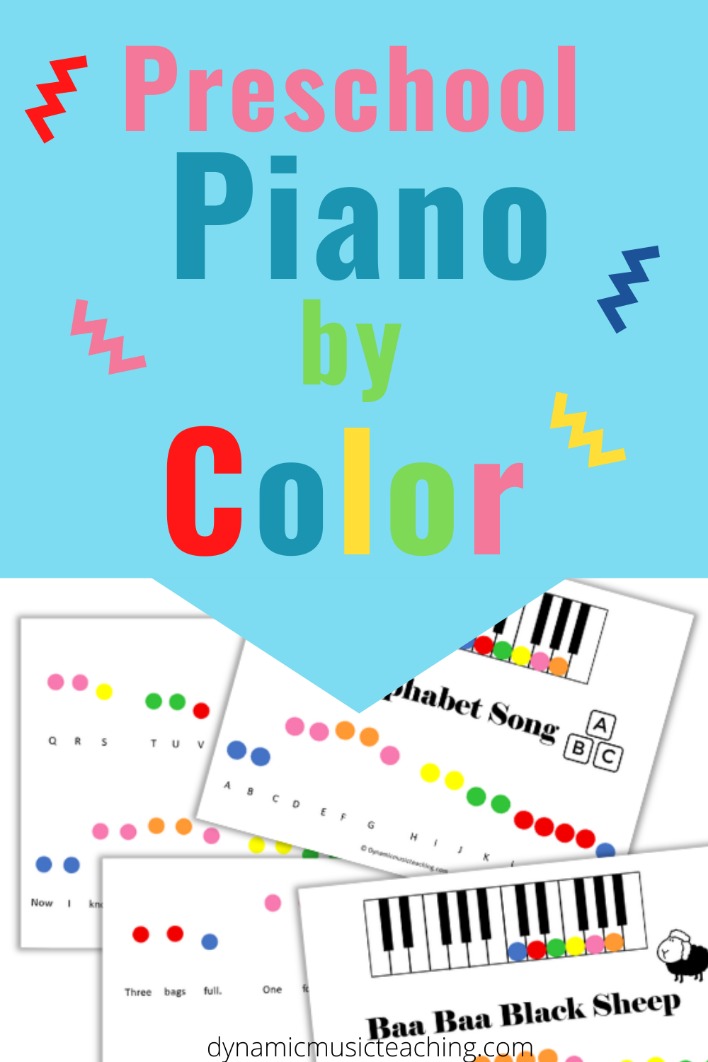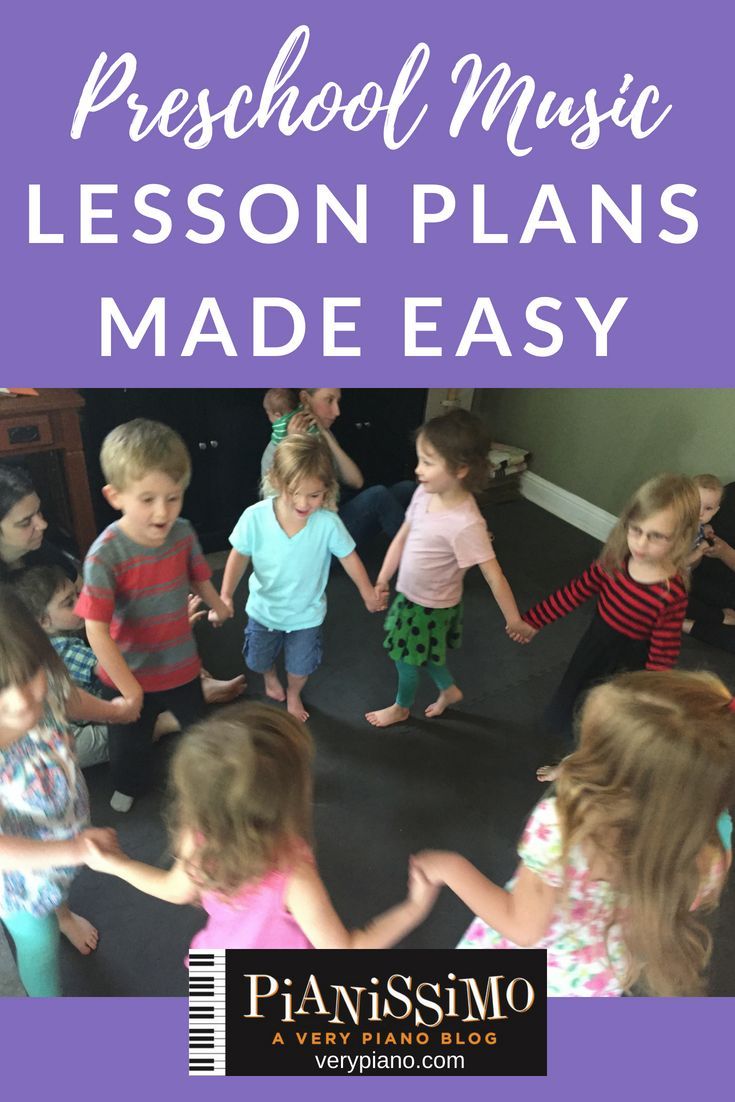The intersection of music and developmental therapy has shown remarkable promise in recent years. One such area where this is prominently visible is through piano lessons for Autism. These lessons are not just an artistic outlet but serve as a powerful tool for growth and enrichment.
Why Music Therapy Works
Music is a universal language, and its structured yet flexible nature makes it particularly effective for therapeutic purposes. For individuals on the autism spectrum, music can help bridge gaps in communication, emotional regulation, and social interaction. Among various musical instruments, the piano stands out due to its versatility and the cognitive engagement it requires.
Benefits of Piano Lessons for Autism
Piano lessons for Autism offer several unique benefits:
1. Enhanced Motor Skills: Playing the piano requires coordinated finger movements, which can help improve fine motor skills. This physical activity can be particularly beneficial for children who may struggle with motor coordination.
2. Cognitive Development: Learning to read music and understand rhythm contributes to cognitive development. It engages multiple brain regions, thus enhancing neural connectivity.
3. Emotional Expression: Music serves as an emotional outlet, allowing individuals with autism to express themselves in ways they might find difficult through words alone. The act of playing melodies on the piano can lead to emotional release and increased self-awareness.
4. Social Interaction: Group piano lessons offer opportunities for social engagement. These sessions can build a sense of community and foster new relationships, thereby improving social skills.
The Approach
Structured, individualized lessons tailored to each student’s unique needs are essential for maximizing the benefits. Teachers trained in both music and autism therapy can create an environment that is both supportive and challenging, promoting constant growth.
Choosing the Right Piano Teacher
When it comes to piano lessons for Autism, selecting the right teacher is crucial. It is important to find someone who possesses not just musical expertise, but also an understanding of autism’s intricacies. Such a teacher will be adept at identifying the student’s strengths and weaknesses, crafting lesson plans that align with their learning style.
Read more about Piano lessons for Special Needs here.
Piano teachers who specialize in autism often employ a variety of teaching methods, including visual aids, interactive apps, and positive reinforcement techniques. These strategies can make learning engaging and accessible, even for students who may initially struggle with traditional methods.
Real Stories, Real Impact
Across the globe, numerous success stories highlight the transformative power of piano lessons for Autism. Parents and educators have witnessed firsthand the developmental leaps and bounds that come from consistent, thoughtful music instruction. From improved academic performance to heightened self-esteem, the ripple effects of music therapy are profound and far-reaching.
The integration of piano lessons into therapy plans for those with autism is not just a trend, but a testament to the immense potential that lies within each musical note. By merging the world of music with specialized therapeutic techniques, we can unlock new avenues for growth, learning, and joy.




